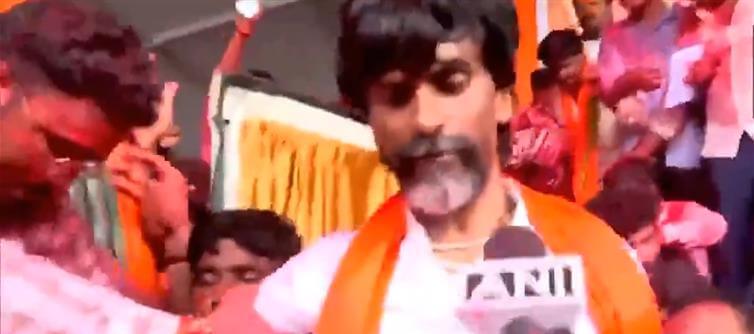
The Marathas once carved out one of the greatest empires in indian history under Chhatrapati shivaji Maharaj — built on valor, pride, and self-respect. Fast forward to today: a hunger strike of just five days is enough for the government to bend and grant reservation status. Once, it took centuries to be recognized as warriors. Now, it takes less than a week to be recognized as “backward.” Here are five sarcastic lessons from this saga of politics, pride, and quotas.
1. Five Days > Five Centuries
Shivaji’s community fought for centuries to earn respect and recognition as warriors. In today’s india, five days of hunger strike achieve more than generations of courage ever did.
2. Pride is Optional, politics is Permanent
shivaji built forts, fought invaders, and defended dharma. Today, his descendants beg politicians for a caste certificate. Pride is negotiable; politics is non-negotiable.
3. Reservation is the New Royal Decree
Earlier, kings granted jagirs (land grants) to warriors for loyalty and service. Now, governments grant reservations for votes. Same feudal system, just a different currency.
4. Hunger Strikes Beat Hard Work
Why invest in education, jobs, or skills when five days of fasting get you what years of merit cannot? A brilliant shortcut in modern India’s political playbook.
5. politics Has Killed Pride, Not Poverty
The maratha community is not poor — it is politically powerful, agriculturally dominant, and socially influential. Yet, politics has reduced it to begging for quotas, killing pride while leaving real poverty untouched.
⚠️ Final Word
Shivaji built an empire with the sword. His descendants now settle for sympathy and reservation slips. If this is progress, then india has indeed moved from valor to victimhood — all thanks to politics.




 click and follow Indiaherald WhatsApp channel
click and follow Indiaherald WhatsApp channel